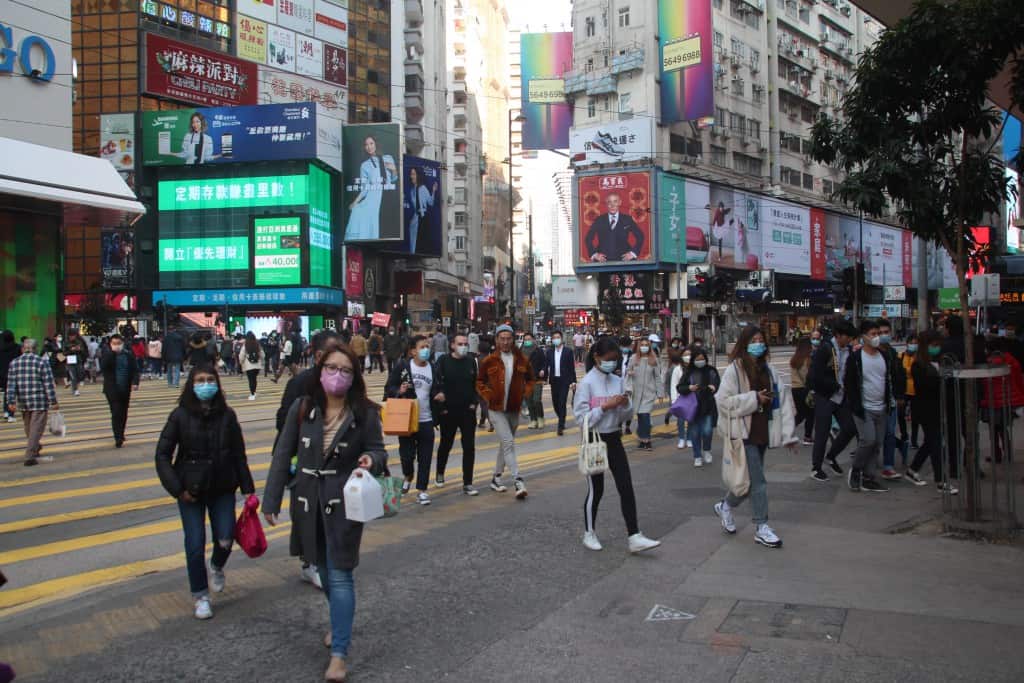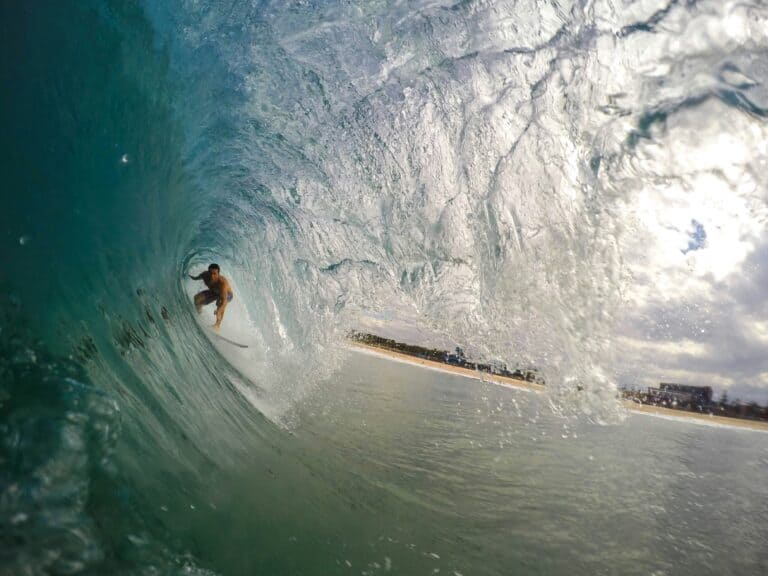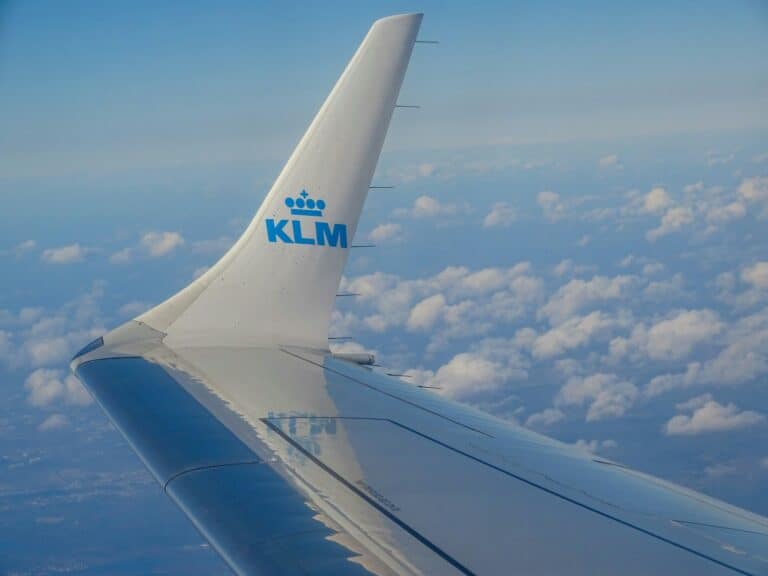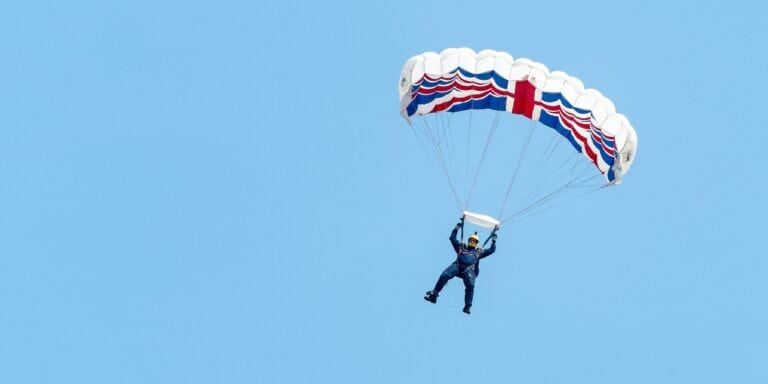The novel coronavirus (2019-nCoV) originated in Wuhan, China but has since spread globally and become a global health emergency. Here’s how people in Hong Kong are reacting to the outbreak.
The coronavirus has been headline news ever since the turn of the new decade due to the outbreak first reported from Wuhan in Hubei Province, China. There have been over 30,000 cases at the time of writing, resulting in over 600 deaths. By the time you read this, it’ll no doubt be more.
Wherever you are in Asia – Thailand, Vietnam, Taiwan or Japan – it’s important to take strict health precautions. The virus is spreading and mutating, with Asia the region to be affected most. Hong Kong may be one of the first in the virus firing line, but others may follow.

Q&A: reporting from Hong Kong
Because of the land border to Mainland China, Hong Kong is the closest city outside of the mainland to the epicentre of the coronavirus outbreak.
If another place gets hit with mass infections second to China, due to its close proximity, it’s likely to be here in Hong Kong.
What is Hong Kong’s link with the virus?
At the time of writing, Hong Kong has suffered over 20 infected patients of the coronavirus, and one fatality has been confirmed.
Hong Kong has multiple crossings in and out of the mainland that include transport by train, bus and ferry. Most of the borders have been closed due to the epidemic.
As of 8th February, anyone coming from mainland China into Hong Kong will have to be placed in quarantine for 14-days.

Is Hong Kong being affiliated with the increasing flights cancelled to and from Mainland China?
Flights in and out of Hong Kong to multiple destinations are beginning to wane. Originally, international airlines across the globe restricted and cancelled flights only into Mainland China.
Taiwan – less than two hours flight away – has announced a temporary ban on foreign nationals who have come from Hong Kong or Macau from February 8th.
American Airlines Group and United Airlines are suspending all flights to and from Hong Kong after February 20th. Taking more drastic measures, Air India is cancelling flights in and out Hong Kong indefinitely, whilst Virgin Australia will permanently cancel routes from November.
More flight cancellations are expected.
Are the protests still going on amid the coronavirus outbreak?
Unlike the scenes we were used to seeing in the second half of 2019, the Hong Kong pro-democracy protests have significantly calmed since the end of November.
Are people panicking in Hong Kong?
Yes. As you may have seen posted across social media, the battle for face masks and alcohol-based hand sanitiser is becoming fierce in Hong Kong. Shops are selling out, queues are for blocks and prices are surging.
Residents are staying indoors, public schools are closed and tourist attractions have been shuttered.

Medical advice derived from WHO
Everyone can be infected by the coronavirus, it doesn’t matter how tough a traveller you are or how old you are.
That being said, WHO has stated anyone with pre-existing medical conditions are more vulnerable to becoming severely ill if they’ve contracted the disease.
Nevertheless, read some of these precautionary measures to keep on top of your hygiene health.
Wash your hands frequently
If you’ve held onto a handrail on a bus or opened a door in the mall, wash your hands afterwards. Use soap or hand sanitiser with at least 60% alcohol. Thousands of people will do the same every day. Wash your hands regularly and keep your sanitiser in your pocket.

Wear a real face mask
It’s important to wear a face mask to avoid spreading or being exposed to infection. In addition to that, buy your mask from a registered pharmacy or shop. If they come out of a box or plastic packaging, you should be ok. There have been rumours of recycled masks being distributed as the desperate need goes on.
What types of masks?
Surgical masks are more common, cheaper and easier to find. However, if you can find an N95 respirator mask, buy and use them.
Wear gloves
To be extra careful, wear rubber gloves if you’re frequently outside. Touching many surfaces can be contaminated with the virus. We touch things every day with our hands and fingers, most of the time subconsciously.
Avoid touching eyes nose mouth
If you touch your eyes, nose or mouth with your contaminated hands, you can transfer the virus from the surface to yourself. Cover your nose and mouth with your mask and try not to play around with it.
Maintain distance
If someone is coughing, sneezing or has fever, keep 3 feet away. If you’re too close, you can breathe in the virus from small projected droplets.
Cough or sneezing
Cover your mouth and nose with a tissue and discard it immediately into the bin, otherwise, the risk may spread.
Symptoms
It really goes without saying, but given the current crisis of the epidemic, you really need to pay attention to your symptoms. If you’re experiencing fever, cough or difficulty breathing, you should speak to a health provider anyway. But if you’ve travelled within China since the outbreak of the coronavirus, you must share this information.
Avoid uncooked meats
If you’re eating locally – especially animal products – try handle with care. Avoid uncooked foods and if something looks undercooked to you, take it back.
Markets
Wet and live animal markets can be found in all corners of Asia. If you insist on visiting, visit with care. Practice hygiene and do not touch any animals, waste or fluids.
For full official advice from WHO on 2019-nCoV, click on this link.








